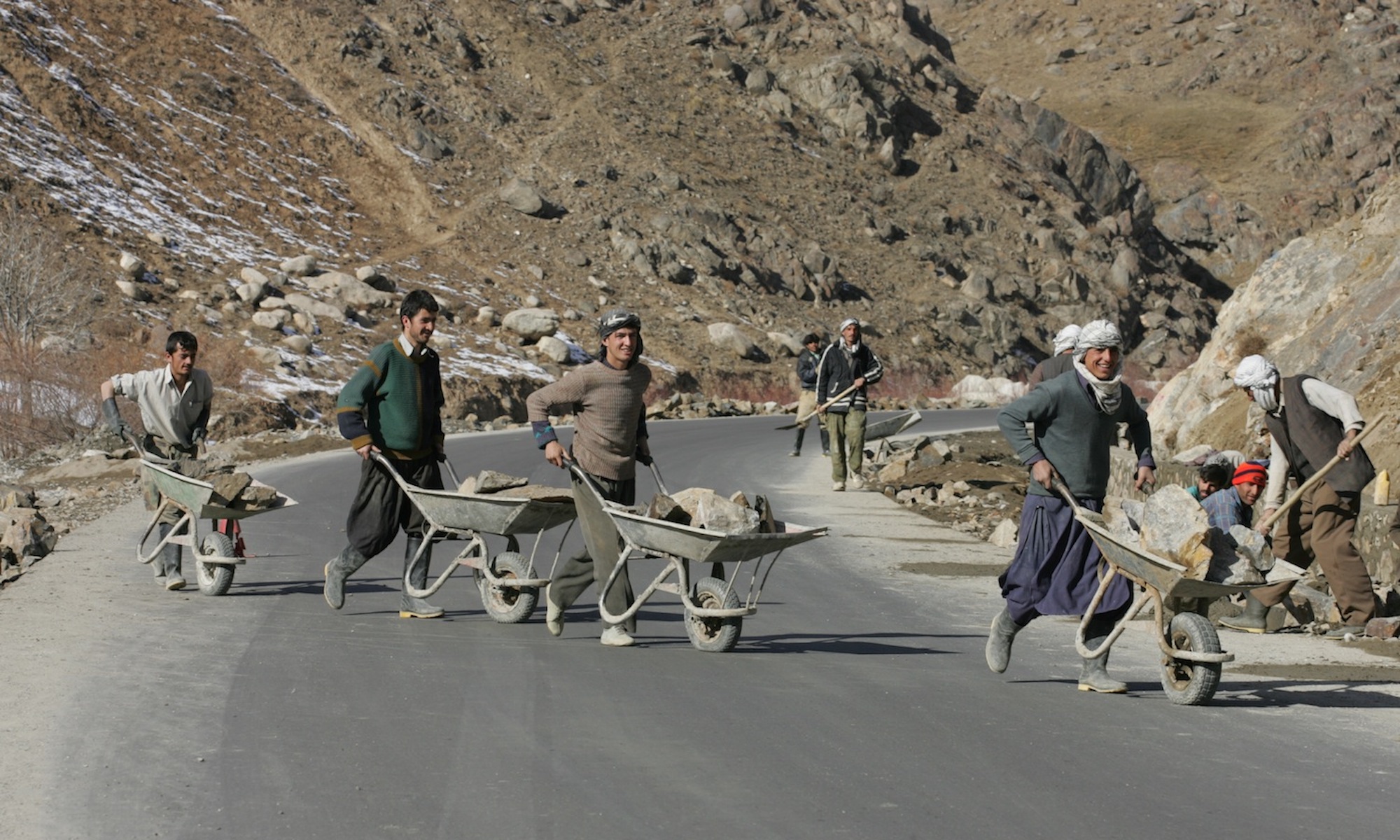This paper examines transition patterns in post-Gulf war Iraqi Kurdistan as a function of external aid, and the impact of these developments on relations between the Kurdistan region and Baghdad. It argues that, despite ethnic traditions and structural legacies, the asymmetrical and changing nature of aid has created new incentives for conflict and co-operation. Since 1991 aid has strengthened the Kurdistan region’s power in relation to the state and increased leverage on the central government to accommodate Kurdish demands for autonomy. Yet it has also created an increasingly complex political,?economic order and new interdependencies between the regions. The shift from relief aid to reconstruction within a neoliberal framework has helped open the Iraqi and Kurdish political economies by encouraging trade between the Kurdistan region, regional states and foreign governments. The creation of a federal Iraqi state has also led to financial and political linkages between the Kurdistan region and Baghdad and to new requirements for negotiation.

INSCT Postconflict Research Database
The Institute for National Security and Counterterrorism's Postconflict Research Database & Analysis Project stores cross-indexed bibliographic information on hundreds of journal articles, books, book chapters, and case reports that address the broad, interdisciplinary fields of postconflict reconstruction, stabilization, and peacebuilding.